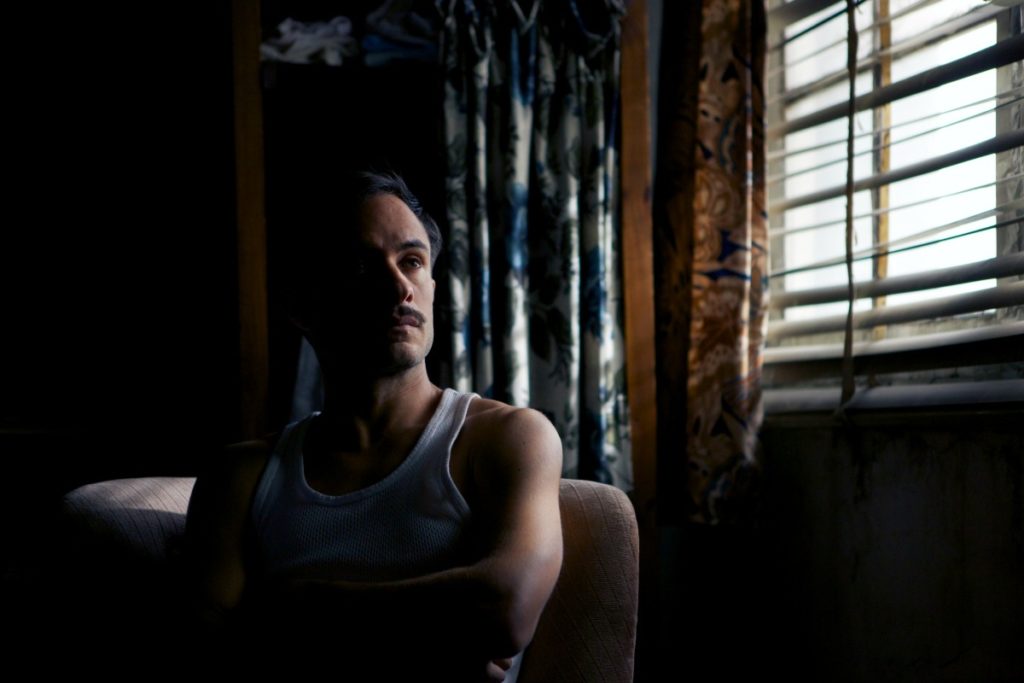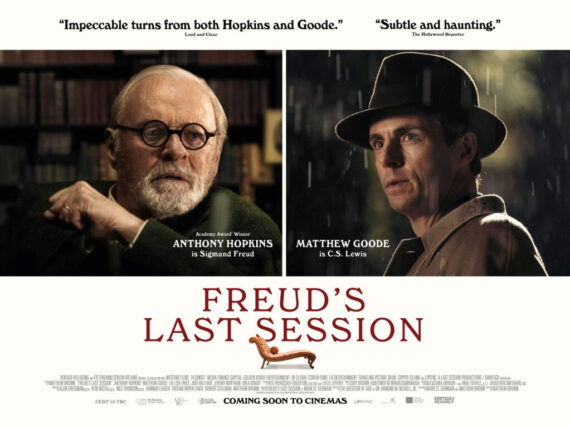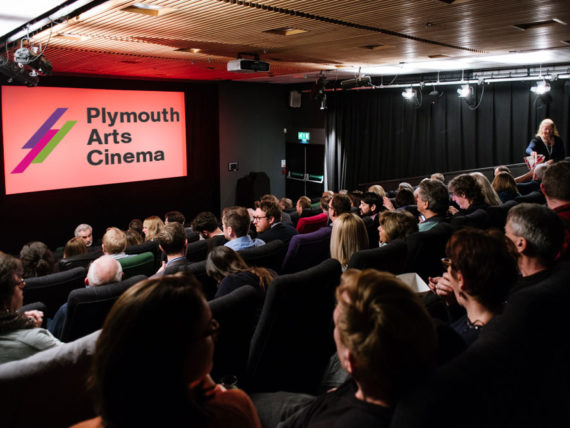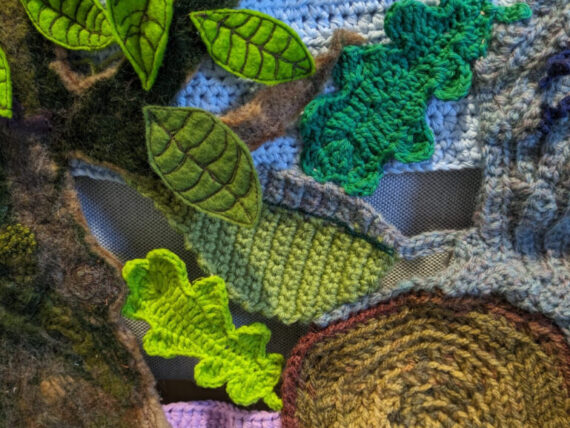Ieuan Jones reviews Neruda, in the cinema from 14-19 April
Pablo Larraín really has been a busy bee lately. Hot on the heels of his examination of abuse in Chile’s Catholic Church, The Club (2015), was his first English-language feature, the stately biopic of Jackie Kennedy, Jackie (2016). Now, barely months after we’ve had time to digest these, Larraín is back in his native Chile for another biopic, Neruda, about the life of poet, politician and all-round renaissance man Pablo Neruda.
Neruda opens in Chile in the immediate aftermath of the Second World War, that hot cauldron of extremes where Communists, like Senator Neruda (Luis Gnecco), did pitched battle with extremists of all kinds. The sureness of the right appears to be winning out, however, and it is not long before Neruda is forced underground. Boisterous and ego-driven, Neruda is also an artist with a fierce talent who refuses to go silently. By slipping into the long shadows of Chile in this dark time, he takes on the role of tormentor of the State and, through communiques of his poetry, emancipator of the minds of the oppressed.
Bearing a disguise that, it has to be said, makes him look a bit like Captain Haddock, he is pursued through the streets and, finally, through the Andes by a detective, Oscar (Gael García Bernal). If the cat-and-mouse chase between the fugitive and the strong arm of the state seems a little on the contrived side, this is not lost on the makers of the film. Eventually, the characters begin to become aware that they are living a kind of fiction in order to tell the wider truth of Neruda’s poetic struggle.
Pablo Neruda is a beguiling character who, I confess, I had barely heard of before watching this. Like many who are venerated for their resistance he is a man of many contradictions and it is to Larraín’s credit that these are not really dodged. As a Communist fighting for the working poor he did of course never lift a finger in his life. At several points it seems his only real burning commitment is towards hedonism (cue plenty of cutaways to him shagging around in brothels). This apparent cognitive dissonance leaves him completely unfazed, even when it is at the expense of his marriage.
It seems that, in order to show the eccentricities of Neruda’s life and work, the structure of the film is likewise made a little topsy-turvy. Larraín’s emphasis on the way the film is shot to tell the story reminded me of one of his earlier works, No (2012), which told the story of the referendum that led to the fall of Pinochet in the eighties. No was shot entirely with camcorders, as if it was an actual time capsule dug up from that point in time. There is also something of the way Jackie was sequenced to show the slipshod nature of memory in Neruda‘s editing as well.
The outcome is most definitely intriguing and Larraín remains one to keep watching – whatever he does next can’t be long around the corner.









Comments
Comments are closed.